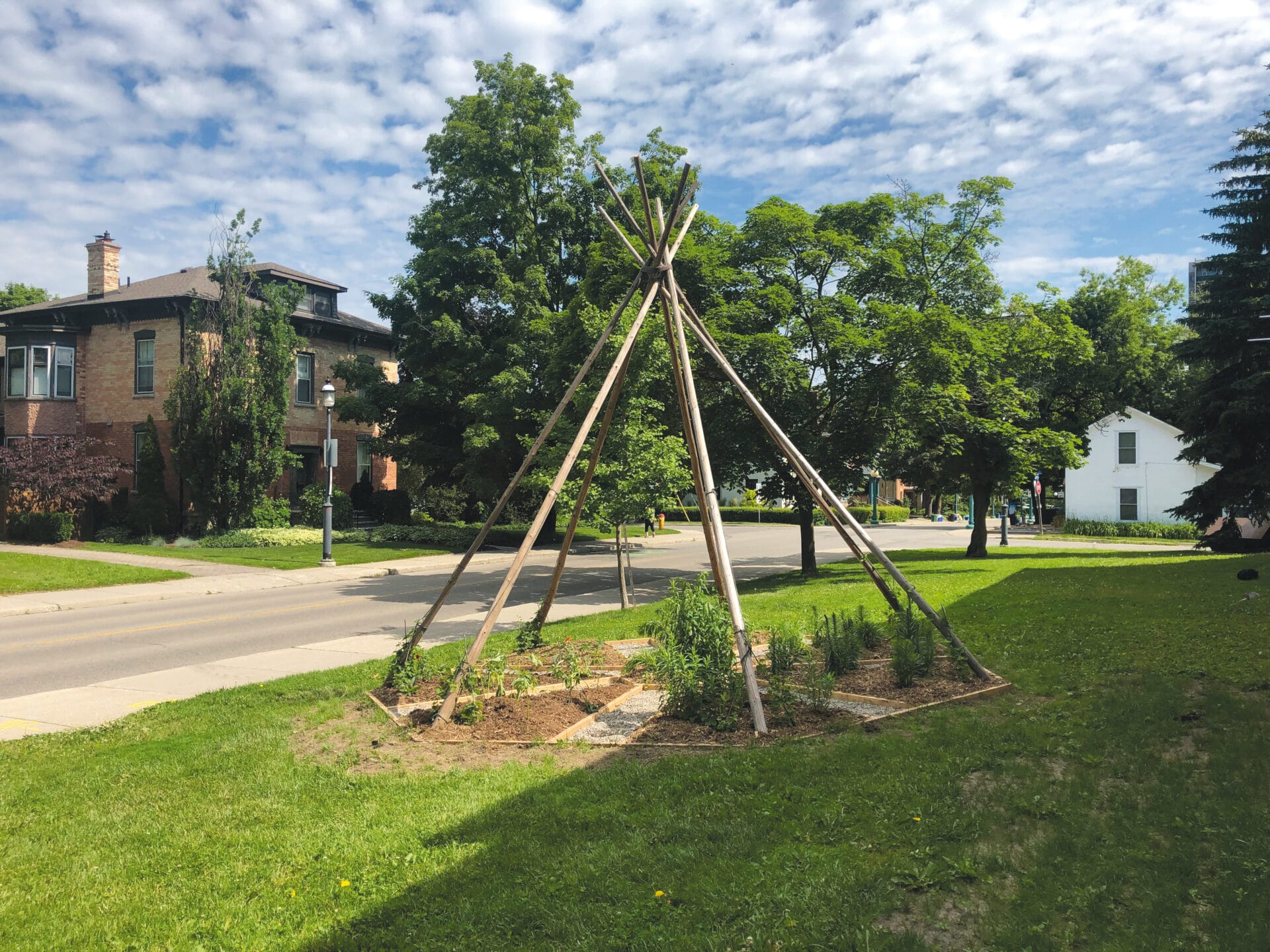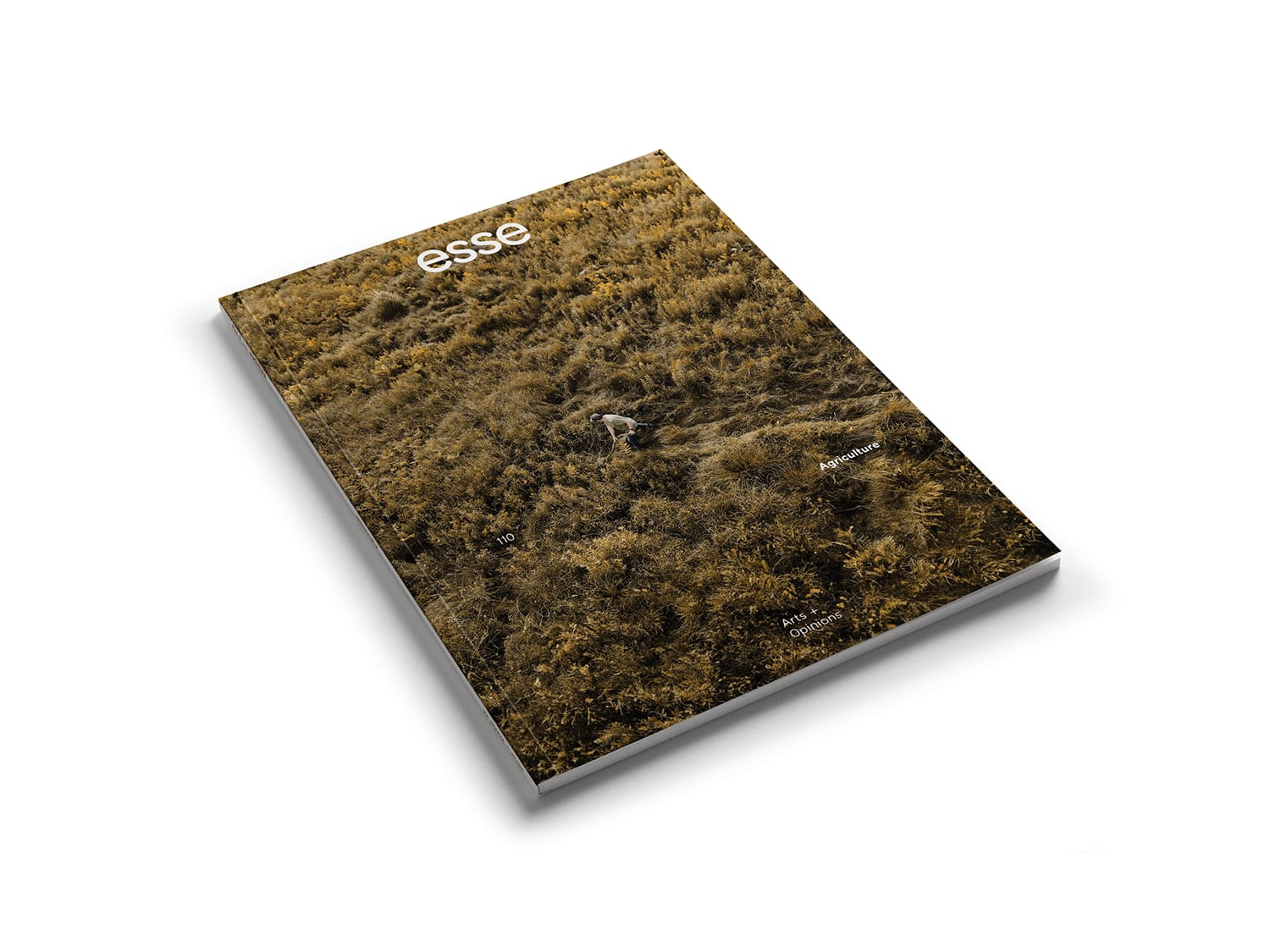
Photo: Dana Prieto, courtesy of Finding Flowers
Soil Memory, Seed Song: The Pollinator Gardens of Finding Flowers
Art Historian and cultural theorist, T. J. Demos, articulates the urgency of studying gardens: “To some, gardens might seem irrelevant in addressing our world of crisis and emergencies… But in fact they represent, and might be seen to respond to, the most urgent of global conflicts.”1 1 - T. J. Demos, “Gardening against the Apocalypse: The Case of dOCUMENTA (13),” in Decolonizing Nature: Contemporary Art and the Politics of Ecology (Berlin: Sternberg Press, 2016), 232. He suggests that within the context of monocropping, genetic modification, and the toxification of soil, gardens can be emergent and restorative counterpoints to agro-capitalism. Drawing on contemporary scholarship around soil history and ecological remediation, I situate the collaborative garden project Finding Flowers (2019 — ongoing) as a decolonial engagement with historical consciousness and as a practice in language learning.
